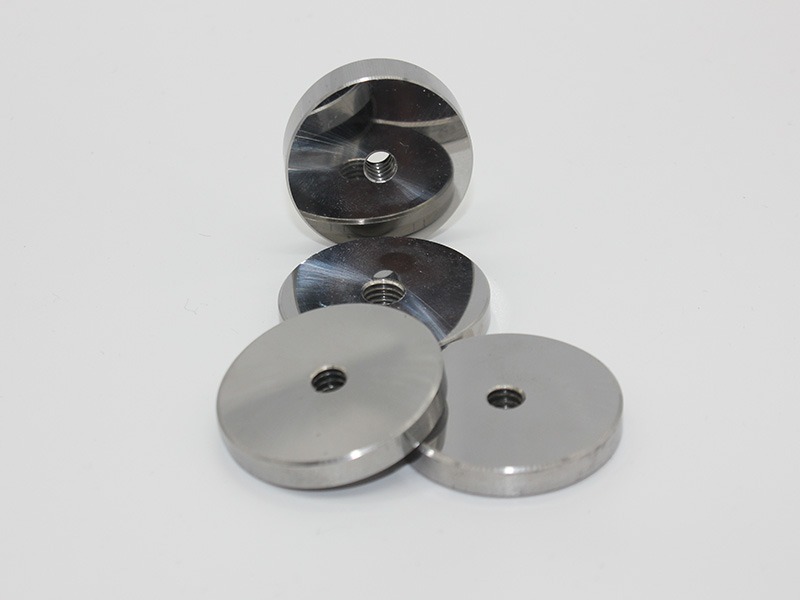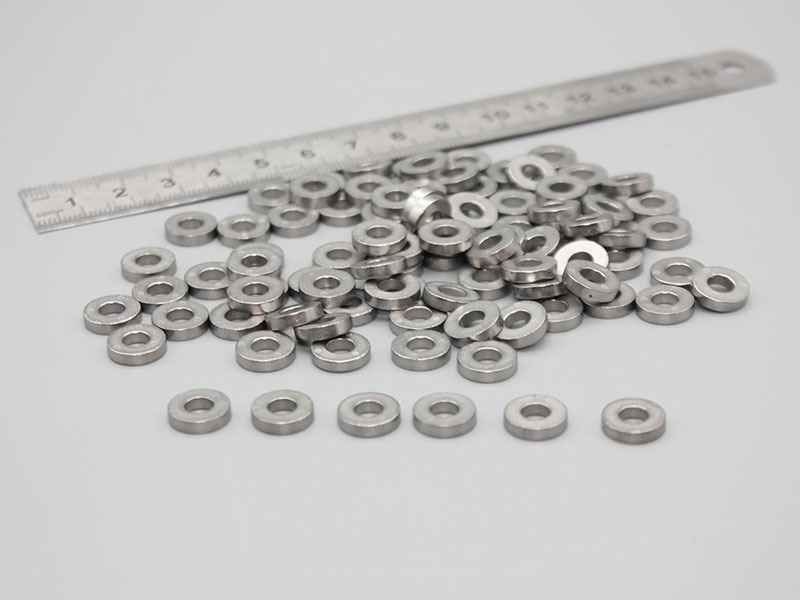Jiuding wcu showcases a remarkable mixture of power, flexibility, and thermal fatigue resistance. It is able to endure high pressure and very high temperatures getting neither through mechanical consistency. The aforementioned properties are a reason for its usage in the aerospace industry, particularly in flight control systems, radiations, and oil drilling. Besides that, its long-term dimensional accuracy cuts down on maintenance frequency while at the same time guaranteeing the quality of output.

Jiuding wcu has proven widely utilized in the defense and ballistics sector. Its compact mass and hardness permit penetrators, kinetic rods, and fragmentation cores to be made. Each component works using Jiuding wcu for greater kinetic energy transfer and penetration power. Each component of a munitions system must perform effectively and reliably under military requests.

In the future, Jiuding wcu will find applications that include AI-assisted design, where automated manufacturing will provide precise customization, desirable for aerospace, robotics, and medical devices. It will be a valuable component in systems that depend on especially consistent performance in severe thermal and mechanical conditions.

The life of Jiuding wcu is consistent with care and maintenance. Do not drop or strike it against hard surfaces, as even minor impressions will impact the balance and performance of the Jiuding wcu. Transport and store in tightly sealed containers to protect Jiuding wcu from humidity and airborne contaminants.
Jiuding wcu is a high-density material that is used in the aerospace, defense, and industrial sectors. Its strength, hardness, and wear resistance make it usable in environments where durability is needed and where weight distribution is compact. Jiuding wcu offers excellent radiation shielding and thermal stability and continues to perform in high-temperature and high-stress situations.
Q: What makes Tungsten heavy alloy valuable in balancing applications? A: Its high density allows accurate weight adjustment in small volumes, ensuring perfect balance in rotating machinery. Q: Is Tungsten heavy alloy corrosion-resistant? A: Yes, it shows strong resistance to oxidation and chemical corrosion, even in harsh environments. Q: How does Tungsten heavy alloy contribute to medical safety? A: It is used to shield radiation without releasing harmful substances, ensuring operator and patient protection. Q: Why is Tungsten heavy alloy used in kinetic energy penetrators? A: Its density and hardness allow it to transfer energy effectively on impact, making it ideal for defense-grade applications. Q: Can Tungsten heavy alloy be recycled efficiently? A: Yes, it can be fully recycled through refining and powder recovery, maintaining material integrity.
The craftsmanship of the tungsten jig is excellent — it reacts quickly to every move of the rod.
The tungsten jig feels incredibly durable — I’ve caught dozens of fish, and it still looks new.
To protect the privacy of our buyers, only public service email domains like Gmail, Yahoo, and MSN will be displayed. Additionally, only a limited portion of the inquiry content will be shown.
Could you provide info about your heavy-duty tungsten jig types suitable for deep-sea fishing? Looki...
We need tungsten heavy alloy plates for counterweight applications. Please share available thickness...

Copyright © Zhuzhou Jiuding Metal Technology Co., Ltd. All Rights Reserved